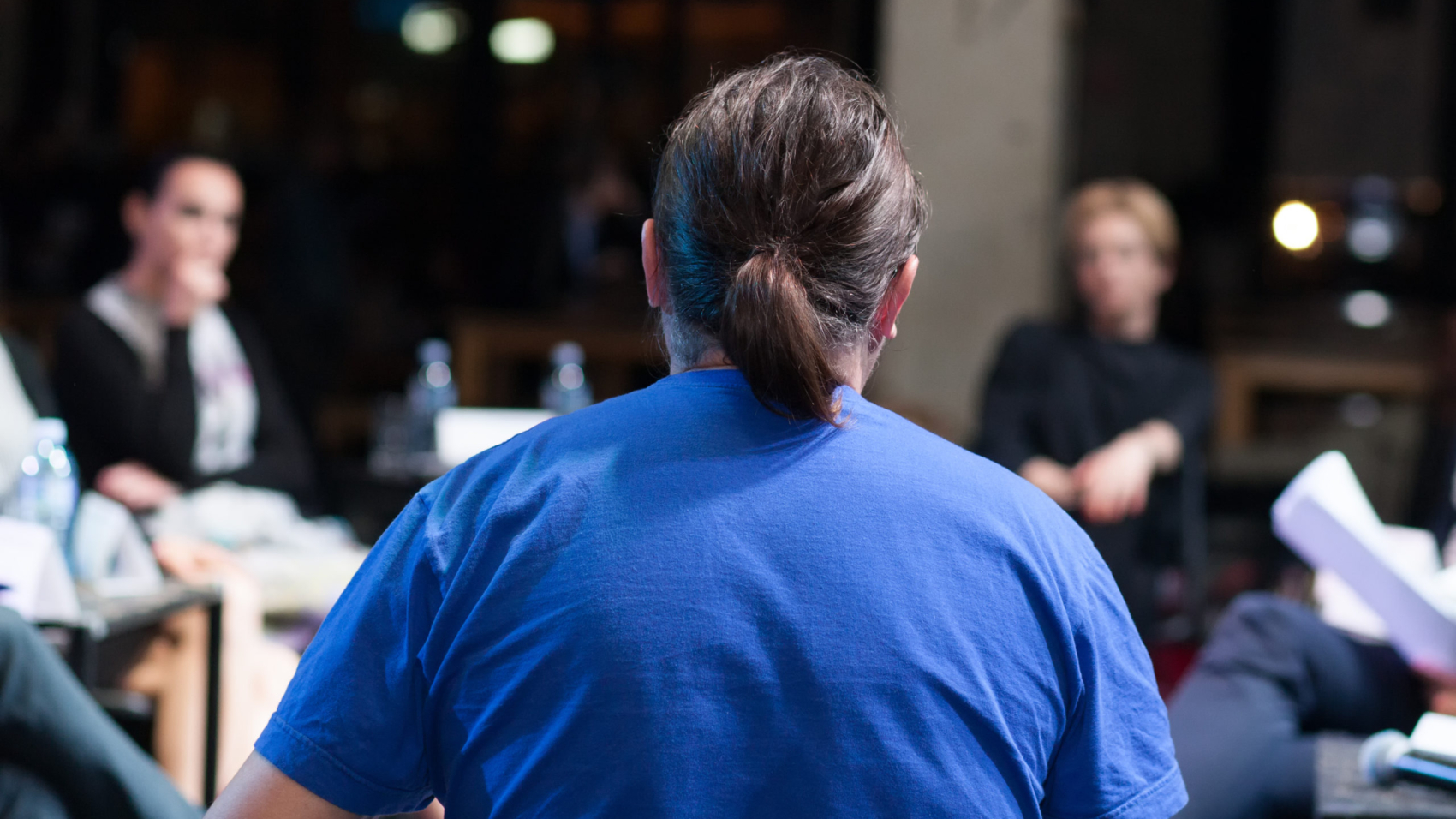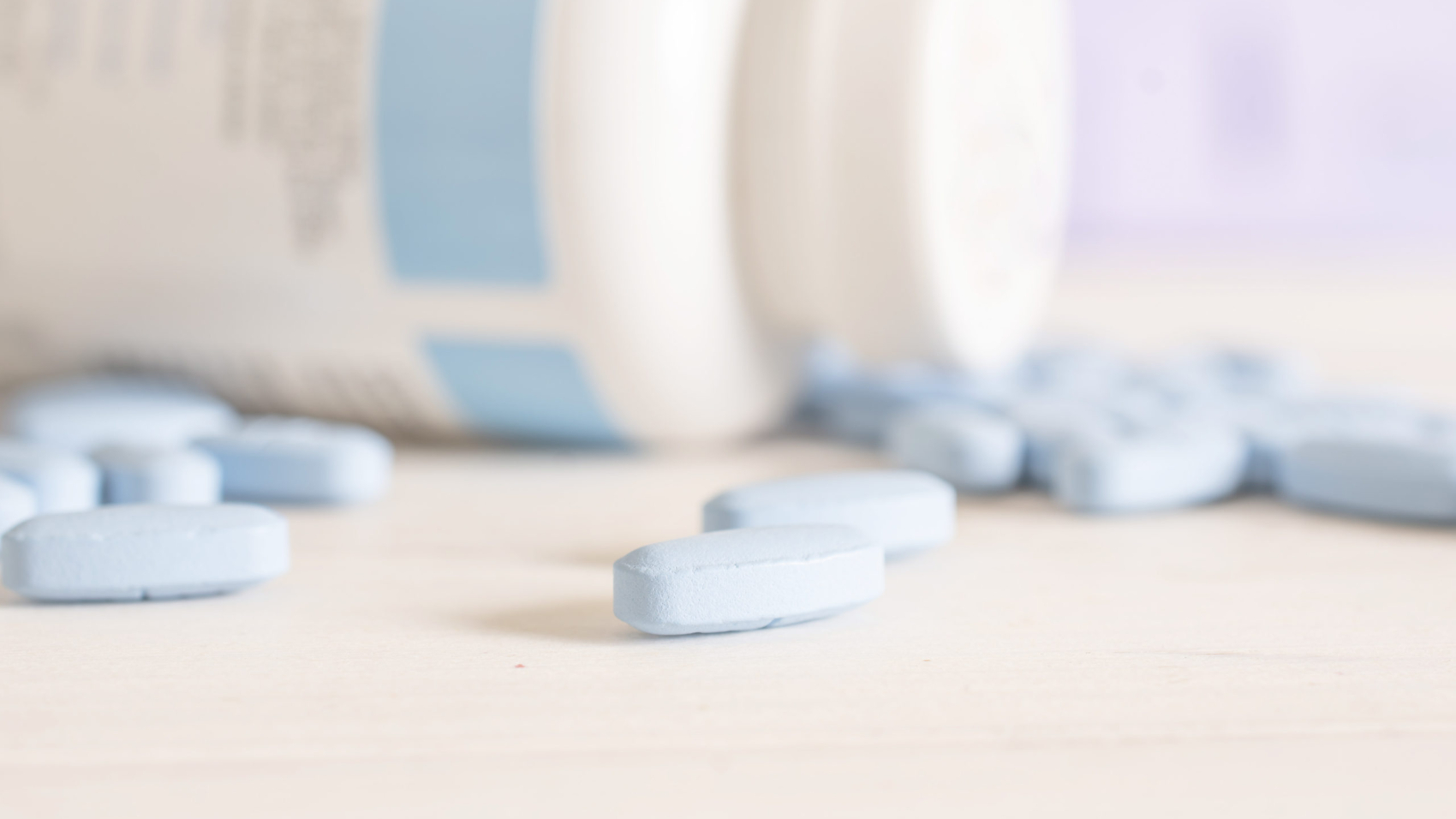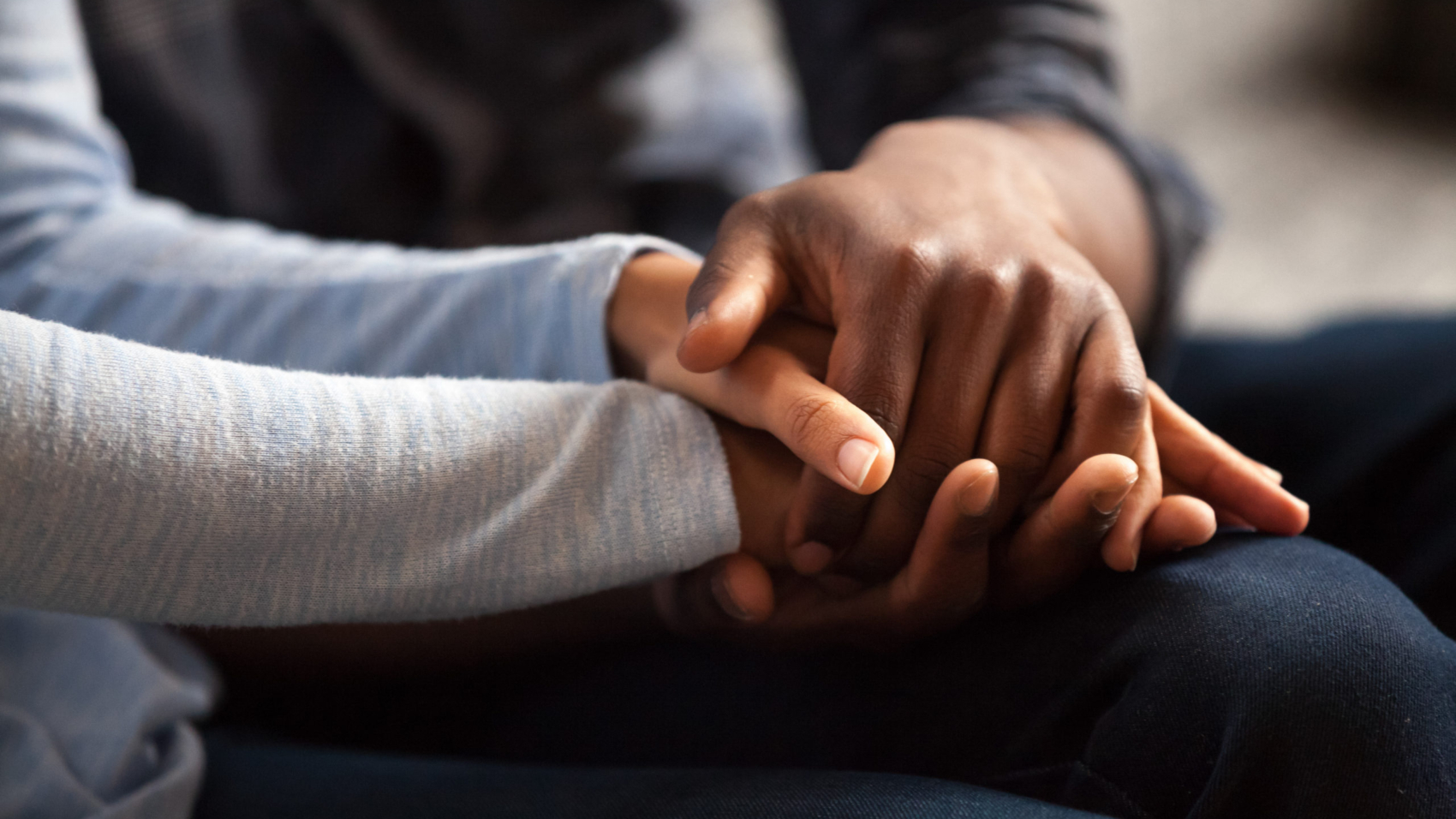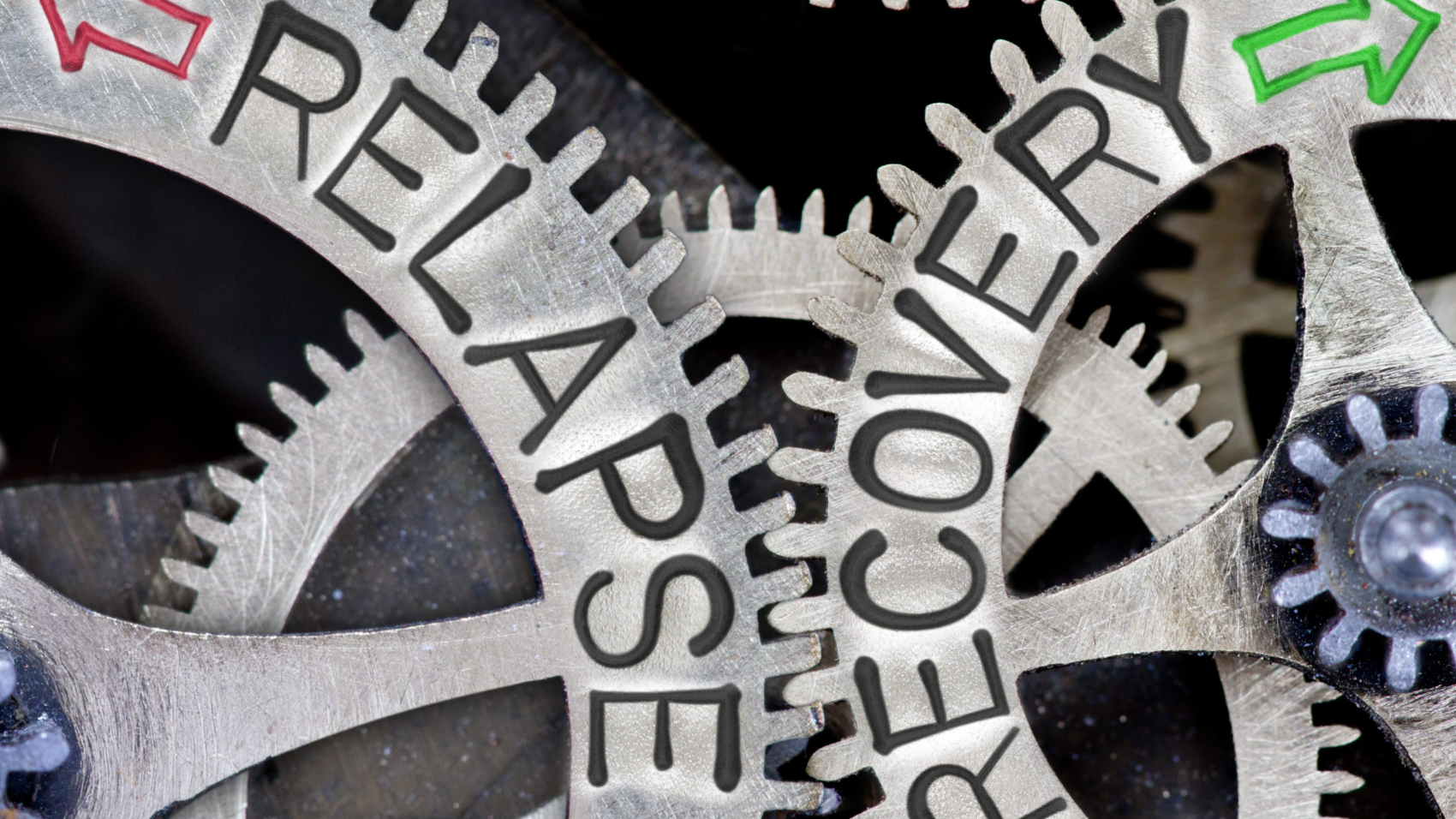Whether you’re actively drinking or are sober, you may wonder about the effects of alcohol on your body. The ads for alcohol suggest that those drinking alcohol are in the best shape of their lives. However, those who have consumed alcohol for an extended time know that the effects of long-term alcohol use are anything but healthy. Alcohol affects every part of your body.
Long-term alcohol use leads to chronic diseases, injuries, and even death. It impacts more than your physical health too and can lead to anxiety, depression, and other mental health disorders. The Last House is here to help you learn more about how to help your mind and your body heal from the effects of long-term alcohol use.
Is Alcohol Addictive?
While many debate whether alcohol is addictive, the facts are that the body does become dependent on it with regular use. Your body strives to keep itself in balance. When you drink alcohol regularly, the balance is shifted, and your body changes things to adapt. You don’t realize it as it’s happening, but if you stop drinking alcohol, your body will let you know. If you drink alcohol daily and stop, you will feel like your body is punishing you for stopping. Your symptoms may include nausea, vomiting, headache, sweating, anxiety, and even seizures. Your body is not punishing you, but it is trying to learn how to function without alcohol. In addition to the physical effects of long-term alcohol use, the pathways in your brain are also impacted. It can take months for your brain to return to its pre-alcohol functioning. Knowing this can help you understand why the first several months of sobriety can feel like an emotional roller coaster.
What Are the Effects of Long-Term Alcohol Use on the Body?
Alcohol is the bad party gift that just keeps on giving. Short-term alcohol use increases the risk for motor vehicle accidents, violence, risky sexual behaviors, and more. Excessive alcohol use led to about ninety-five thousand deaths and nearly three million years of potential life lost from 2011-2015. Almost everyone knows that regular alcohol use can damage your liver, leading to cirrhosis or other chronic illness. But it doesn’t stop at your liver; the effects of long-term alcohol use may be seen in nearly every part of your body. Your pancreas and alcohol are not friends.
Regular alcohol use impacts how your pancreas functions and can lead to chronic pancreatitis and diabetes. It can also damage your stomach leading to ulcers, colitis, and other gastrointestinal chronic diseases. Alcohol can damage your heart and increases your risk for chronic heart disease, heart failure, and heart attack. It can also lead to cancer, especially cancer of the mouth, throat, esophagus, and breast. When you drink alcohol regularly, your immune system cannot work correctly, and you are at a greater risk for infection and general fatigue. The frightening fact is that these are just a few of the effects of long-term alcohol use. Your body and alcohol are not friends.
Sober Living at The Last House
The Last House Sober Living is a network of structured sober living homes in southern California. We believe in providing our clients with the tools to have a meaningful life and participate in their own sobriety. We’ll help you learn how to live and have fun in sobriety through service commitments, sober parties, conventions, dances, and house outings. Our experienced staff is composed of active members of the Los Angeles Sober Living community. If you’re wondering where to start to create your sober life, The Last House is here to help you build a life in recovery.










